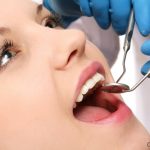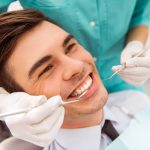Quick Guide: Smoking After Wisdom Teeth Removal – How Long Should You Wait?
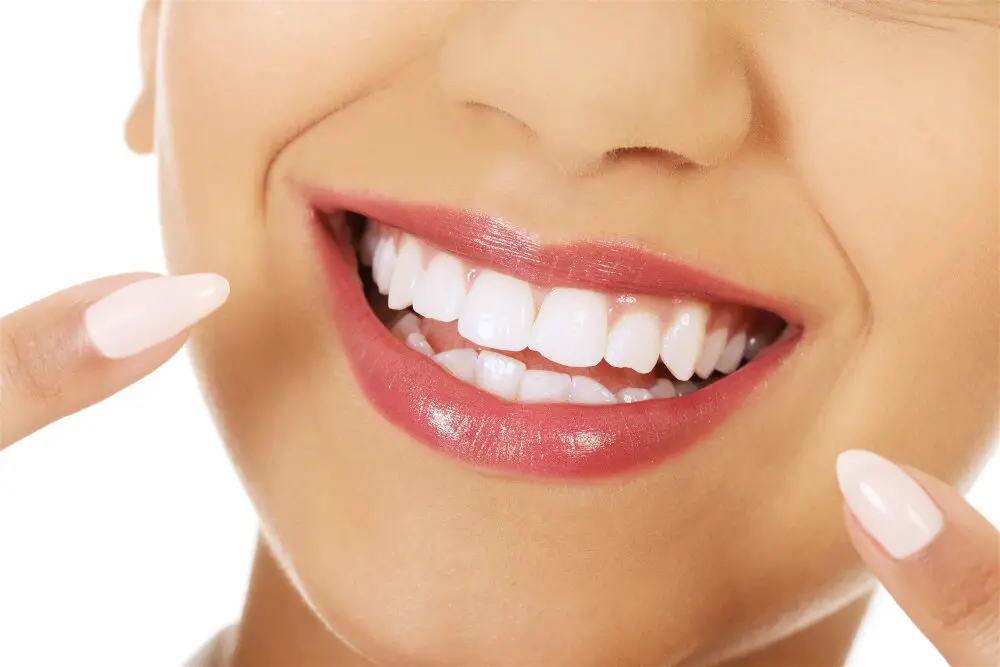
Wisdom teeth removal is a common oral surgery that requires careful post-operative care. One of the most important aspects of recovery is avoiding activities that can interfere with the healing process, such as smoking. Smoking after wisdom teeth removal can cause a host of complications, including dry socket, infection, and delayed healing. But how long should you wait before smoking after wisdom teeth removal? In this quick guide, we’ll explore this question in depth and provide you with everything you need to know to ensure a safe and successful recovery. The length of time you should wait before smoking after wisdom teeth removal depends on several factors, including the extent of your surgery, your overall health, and your smoking habits. Generally, it is recommended that you avoid smoking for at least 48-72 hours after your surgery. This is because smoking can interfere with blood clotting, which is essential for proper wound healing. Additionally, smoking can increase your risk of developing dry socket, a painful condition that occurs when the blood clot in the socket is dislodged or dissolves too soon. However, in some cases, your dentist or oral surgeon may advise you to wait longer before smoking or to avoid smoking altogether during your recovery period.
Smoking after wisdom teeth removal is a major concern due to the adverse effects it can have on the healing process. The chemicals in tobacco smoke can delay the formation of blood clots, which are essential for the healing process. The suction pressure created while smoking can also dislodge the blood clot, causing a painful condition called dry socket. In addition, the heat from smoking can cause the blood vessels to dilate, increasing the risk of bleeding. Furthermore, smoking can weaken the immune system, making the patient more susceptible to infections. Therefore, it is highly recommended that patients wait at least 72 hours after wisdom teeth removal before smoking to ensure a smooth and speedy recovery.
This article provides a comprehensive overview of the factors that determine how long you should wait before smoking after wisdom teeth removal. It explains how smoking can interfere with the healing process and increase the risk of complications such as dry socket, infection, and delayed healing. The article also outlines the steps you can take to reduce the negative effects of smoking on your recovery, including waiting for at least 72 hours after the surgery, avoiding smoking for as long as possible, and using nicotine replacement therapy if necessary. Additionally, the article highlights the importance of following your dentist’s post-operative instructions and seeking medical advice if you experience any symptoms of complications. Overall, this article is an essential resource for anyone who wants to know how to smoke safely after wisdom teeth removal.
The Dangers of Smoking After Wisdom Teeth Removal
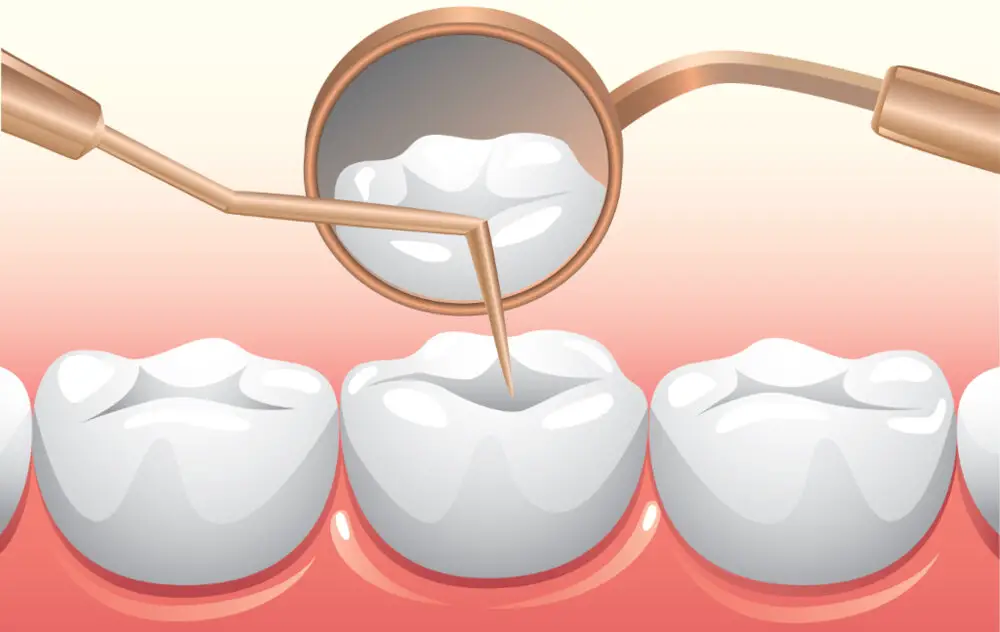
Smoking after wisdom teeth removal can pose serious risks to your oral health. The act of smoking itself can increase the risk of dry socket, a painful condition that occurs when the blood clot that forms in the socket where the tooth was removed becomes dislodged or dissolves. Smoking can also delay the healing process, making it take longer for the gums to heal fully and leaving them more susceptible to infection. Furthermore, smoking can also cause inflammation and swelling in the gums, leading to discomfort and pain. In addition to these oral health risks, smoking after wisdom teeth removal can also have negative effects on your overall health. Smoking has been linked to a number of serious health conditions, including lung cancer, heart disease, and stroke. Even if you only smoke occasionally, it can still have a significant impact on your health and well-being. If you are a smoker, it is important to quit smoking as soon as possible, both to improve your oral health and to reduce your risk of developing other health problems. If you have recently had your wisdom teeth removed, talk to your dentist or oral surgeon about the best ways to manage your recovery and avoid the risks associated with smoking.
Smoking after wisdom teeth removal can significantly increase the risk of complications and delay the healing process. The act of smoking involves inhaling hot smoke, which can irritate the surgical site and cause dry sockets, a painful condition in which the blood clot that forms over the socket is dislodged, exposing the underlying bone. Smoking also reduces blood flow to the surgical site, which can impede the delivery of oxygen and important nutrients necessary for healing. Additionally, smoking can weaken the immune system, making it more difficult for the body to fight off infections. Therefore, it is highly recommended to avoid smoking for at least 72 hours after wisdom teeth removal to minimize the risk of complications and promote a speedy recovery.
Smoking can have a significant negative impact on the healing process after wisdom teeth removal. The chemicals in cigarettes can slow down the healing process by reducing blood flow and oxygen levels to the affected area. This can lead to a higher risk of infection, delayed healing, and complications such as dry socket. Additionally, smoking can cause inflammation and irritation in the mouth, which can prolong the recovery time. It is essential to avoid smoking for at least 72 hours after the procedure to ensure proper healing and minimize the risk of complications. Quitting smoking long-term can also improve overall oral health and reduce the risk of future dental issues.
How Long Should You Wait to Smoke?

Smoking after wisdom teeth removal can increase the risk of infections and complications. Therefore, dentists suggest that patients should wait at least 72 hours before smoking. This waiting period allows the blood clot to form, and the healing process to begin, reducing the chances of dry socket, a painful condition that occurs when the blood clot is dislodged. Smoking can cause suction, which can remove the clot and expose the bone and nerves, causing severe pain and delaying the healing process. However, it is best to avoid smoking for as long as possible after wisdom teeth removal. Nicotine and other harmful chemicals in cigarettes can slow down the healing process and increase the risk of infections, which can cause complications. Smoking can also constrict blood vessels, reducing the blood flow to the surgical site and delaying the healing process even further. Therefore, patients should follow their dentist’s instructions carefully and avoid smoking for as long as possible to ensure a speedy and successful recovery.
After wisdom teeth removal, smoking can delay the healing process and increase the risk of complications such as dry socket or infection. Therefore, it is highly recommended that patients should wait at least 72 hours after the surgery before smoking. This is because smoking can cause vasoconstriction, which narrows the blood vessels and reduces blood flow to the surgical site, making it harder for the body to heal. Additionally, smoking can introduce harmful chemicals and bacteria into the oral cavity, leading to infections or other complications. To facilitate a speedy recovery, patients should avoid smoking altogether or at least for a few days after wisdom teeth removal.
The healing process after wisdom teeth removal can be affected by a variety of factors, including the severity of the extraction, the individual’s overall health and lifestyle habits, and the degree of aftercare provided. Smoking can significantly impact the healing process and delay the timeline for resuming normal activities, including smoking. Nicotine and other chemicals in cigarettes can decrease blood flow to the extraction site, impair immune system function, and increase the risk of infection and dry socket. Therefore, it is recommended to wait at least 48 to 72 hours after wisdom teeth removal before resuming smoking, and to avoid smoking for as long as possible during the healing process to ensure optimal recovery and reduce the risk of complications.
Alternatives to Smoking
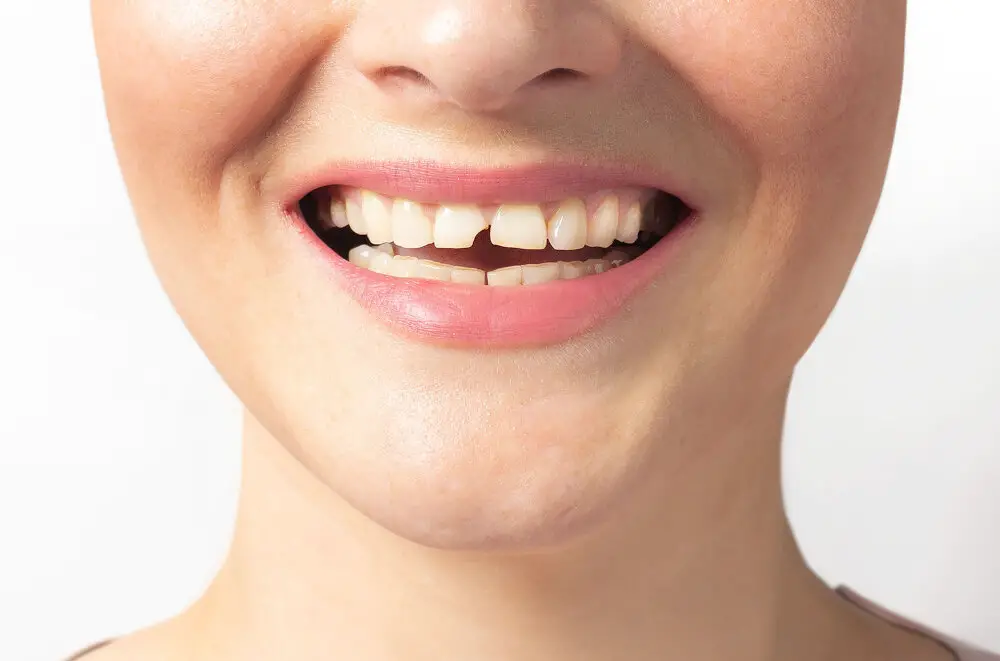
Smoking is a habit that is known to have adverse effects on the human body, including the mouth. After wisdom teeth removal, smoking can significantly delay the healing process and increase the risk of dry socket, a painful condition where the blood clot in the socket is dislodged, exposing the bone and nerves. Therefore, it is crucial to explore other alternatives to smoking during the recovery period. One of the best alternatives to smoking is using nicotine patches or gum. These products contain a small amount of nicotine that helps reduce the cravings and withdrawal symptoms associated with smoking. They also do not require inhaling smoke, which can irritate the wound and delay the healing process. However, it is essential to follow the instructions provided and avoid using them for an extended period. Another alternative to smoking is vaping. Vaping involves heating a liquid that contains nicotine and other chemicals until it becomes a vapor that is inhaled. While vaping is less harmful than smoking, it can still irritate the wound and increase the risk of dry socket. Therefore, it is essential to avoid vaping for at least 24-48 hours after wisdom teeth removal. It is also crucial to note that vaping is not entirely risk-free, and there is a risk of addiction and other health complications associated with it. Therefore, it is advisable to explore other alternatives and only use vaping as a last resort. Overall, it is crucial to prioritize the healing process and avoid smoking or any other activity that can delay it.
There are several alternative methods for managing pain and anxiety post-surgery, including non-pharmaceutical approaches such as relaxation techniques, meditation, acupuncture, and cognitive behavioral therapy. These methods aim to reduce the amount of medication needed and promote overall well-being. In addition, pharmaceutical approaches such as nonsteroidal anti-inflammatory drugs, opioids, and local anesthetics can also be used to manage pain. However, it is important to note that these medications can have side effects and should be used under the guidance of a healthcare professional. Ultimately, the most effective method for managing pain and anxiety post-surgery will depend on individual preferences and the specific type of surgery being performed.
There are several options available for nicotine replacement therapy to help individuals quit smoking after wisdom teeth removal. These include nicotine patches, gum, lozenges, inhalers, and nasal sprays. Nicotine patches are applied to the skin and release a steady dose of nicotine throughout the day. Nicotine gum is chewed and releases nicotine into the bloodstream through the lining of the mouth. Lozenges dissolve in the mouth and release nicotine gradually. Inhalers and nasal sprays deliver nicotine through the lungs or nasal passages. It is important to consult with a healthcare professional to determine which option is best for each individual and to follow the recommended dosage and usage instructions.
Tips for Avoiding Smoking After Wisdom Teeth Removal
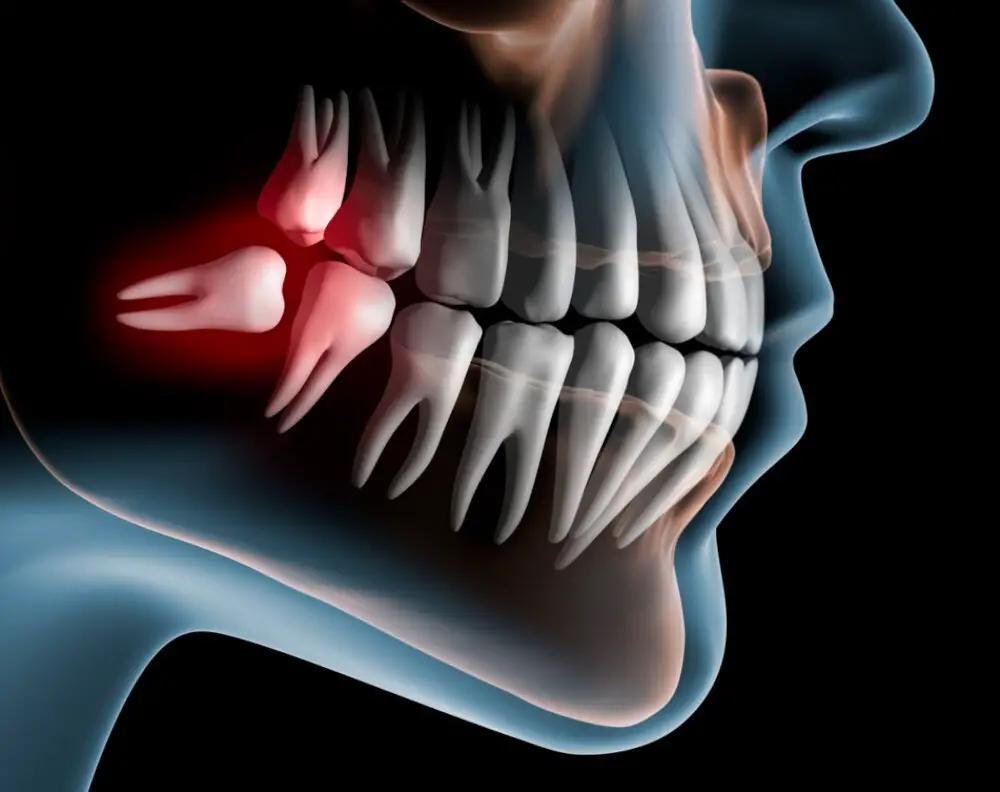
After a wisdom teeth removal, it is important to take care of your mouth in order to avoid complications. Smoking after a wisdom teeth extraction is strongly discouraged as it can delay the healing process and increase the risk of infections. Smoking can also cause dry sockets, a painful condition that occurs when the blood clot that forms after the extraction is dislodged. To avoid smoking after a wisdom teeth removal, it is recommended to quit smoking altogether or at least wait for a few days after the surgery. One of the best ways to avoid smoking after a wisdom teeth removal is to find alternative activities that can help you relax and reduce stress. You can try meditation, yoga, or deep breathing exercises to calm your nerves. You can also distract yourself with a good book, a movie, or a hobby. If you feel the urge to smoke, you can chew on sugar-free gum or suck on hard candy to keep your mouth busy. Remember that smoking after a wisdom teeth extraction can cause serious complications, so it’s important to be patient and wait until your mouth has fully healed before lighting up again.
Avoiding smoking during the healing process after wisdom teeth removal is essential for a successful and speedy recovery. Smoking can delay the healing process, increase the risk of infection, and cause complications such as dry socket. To avoid smoking, try finding alternatives to cigarettes such as nicotine gum or patches, or consider taking a break from smoking altogether. Avoid being around smokers or environments that may trigger the urge to smoke. Additionally, maintain good oral hygiene practices such as brushing and flossing regularly to prevent infection. By following these practical tips, you can ensure a smooth and healthy healing process after wisdom teeth removal.
Managing cravings and coping with triggers can be challenging, especially when you have just had your wisdom teeth removed. Some strategies that can help include distraction techniques such as engaging in a hobby or exercise, practicing relaxation techniques like deep breathing or mindfulness meditation, and finding a support system such as a friend or family member who can provide encouragement and accountability. It’s also important to avoid situations that may trigger cravings, such as being around smokers or places where smoking is allowed. Additionally, finding alternative ways to cope with stress, such as talking to a therapist or practicing yoga, can help reduce the likelihood of experiencing cravings in the first place.
The article \Quick Guide Smoking After Wisdom Teeth Removal – How Long Should You Wait\ explains the risks of smoking after wisdom teeth extraction and provides guidelines for recovery. Smoking can delay the healing process, increase the risk of infection, and cause dry sockets. It is recommended to avoid smoking for at least 48-72 hours after the procedure and to wait as long as possible for optimal healing. Nicotine patches and gum can also be harmful to the healing process and should be avoided. The article emphasizes the importance of following your dentist’s instructions and taking care of your oral health to ensure a speedy and successful recovery.
Following guidelines for smoking after wisdom teeth removal is crucial for ensuring a timely and safe recovery. Smoking can cause dry sockets, which can be extremely painful and slow down the healing process. Nicotine and other chemicals in cigarettes can also decrease blood flow to the area, further delaying healing. Patients are advised to avoid smoking for at least 48-72 hours after the procedure, and ideally for several days or even a week. It is important to follow these guidelines and give your body the time it needs to heal properly and avoid any unnecessary complications.
It is essential to encourage patients to seek additional advice from their healthcare provider before making any decisions regarding their recovery after wisdom teeth removal. Although it may be tempting to rely on online sources or anecdotal evidence from friends and family, every patient’s situation is unique, and the best course of action may vary. Additionally, healthcare providers have the expertise necessary to advise patients on the best practices for recovery, including how long to wait before smoking. Because smoking can increase the risk of complications and slow down the healing process, it is crucial for patients to prioritize their health and seek expert advice.
Conclusion
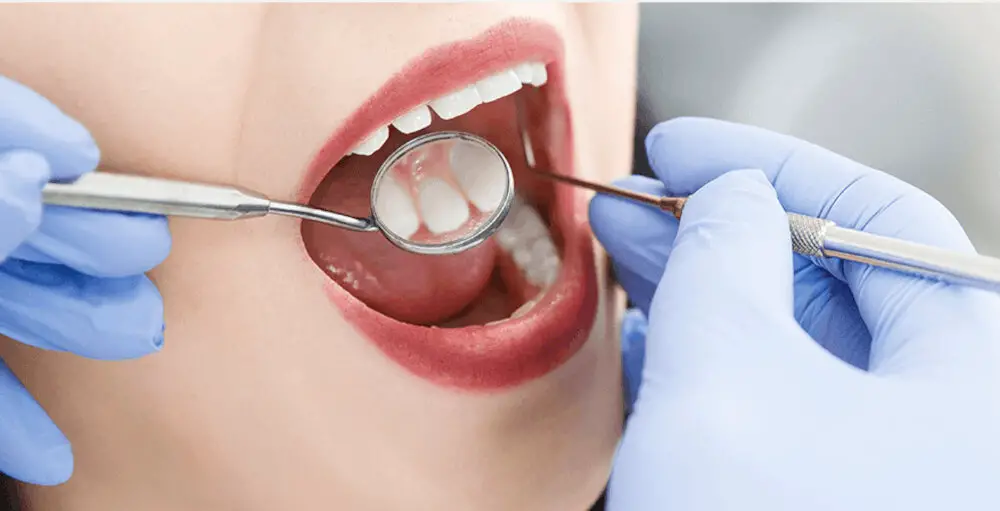
In conclusion, smoking after wisdom teeth removal is not recommended as it can delay the healing process and increase the risk of complications. It is important to wait at least 72 hours before smoking to allow the blood clot to form and the wound to heal properly. Even after this time, smoking should be avoided or minimized to prevent further irritation and infection. It is crucial to follow the post-operative instructions given by the dentist or oral surgeon to ensure a smooth and speedy recovery. Remember, taking care of your oral health is essential for your overall well-being, and quitting smoking altogether can have numerous benefits for your health in the long run.

